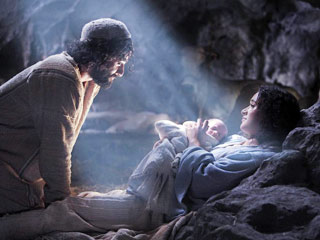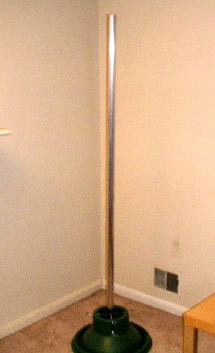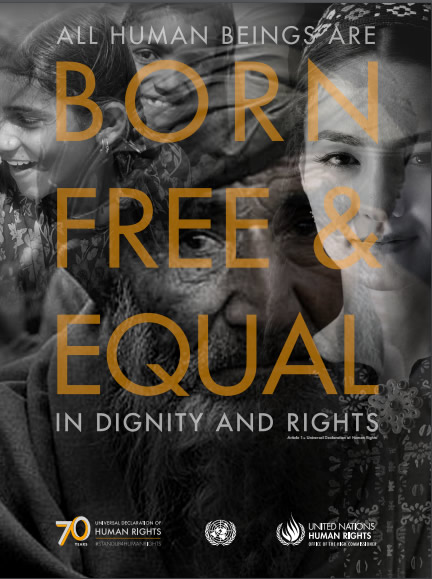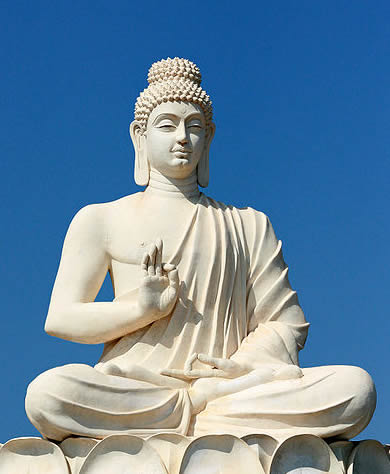
Christians in Canada and around the world celebrate the Nativity, the birth of the Christ. Christians believe that Jesus, who was born in Bethlehem, in Roman occupied Israel roughly 2000 years ago, was the Messiah, the long awaited saviour promised by God.The Hebrew word Messiah translates to Greek as Khristos, from which we get the anglicized form, Christ. Christians believe that God became one of us in the person of Jesus, or Emanuel, literally “God With Us.”Over the course of the last century, Christmas has grown from a strictly Christian festival to become a secular holiday celebrated by people of many different religions, cultures and worldviews from all over the planet. For some, Santa Claus, stockings and gift-giving are central to Christmas. To others, it is a much needed rest at the coldest and darkest time of year. Some may agree with the Grinch, who simply hated Christmas, or with Ebenezer Scrooge when he said it was a “Humbug” — although both of them changed their positions in the end!
Whether you are celebrating the birth of the Christ with your family and friends, or observe Christmas as a strictly secular event, we wish you a very Merry Christmas!











